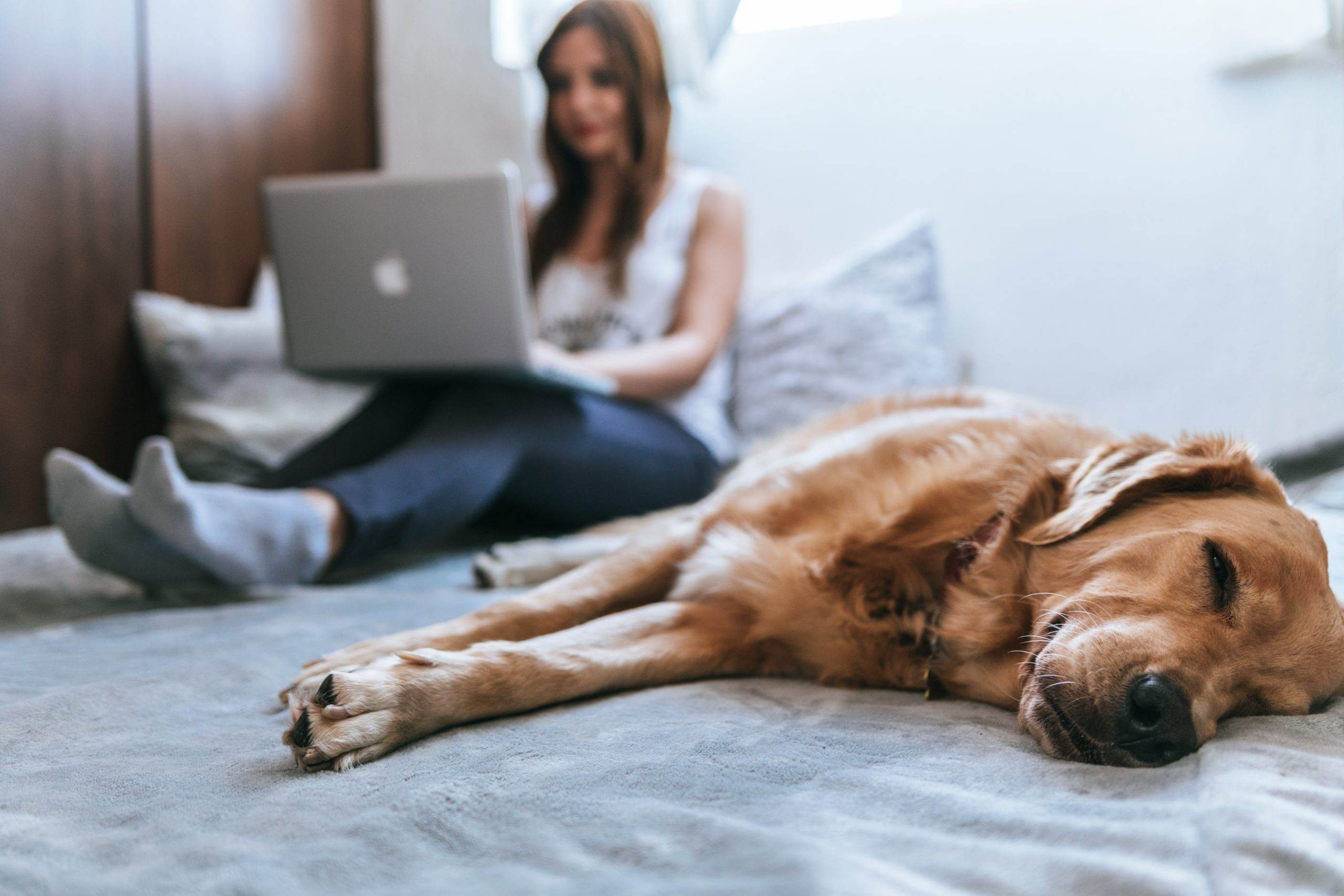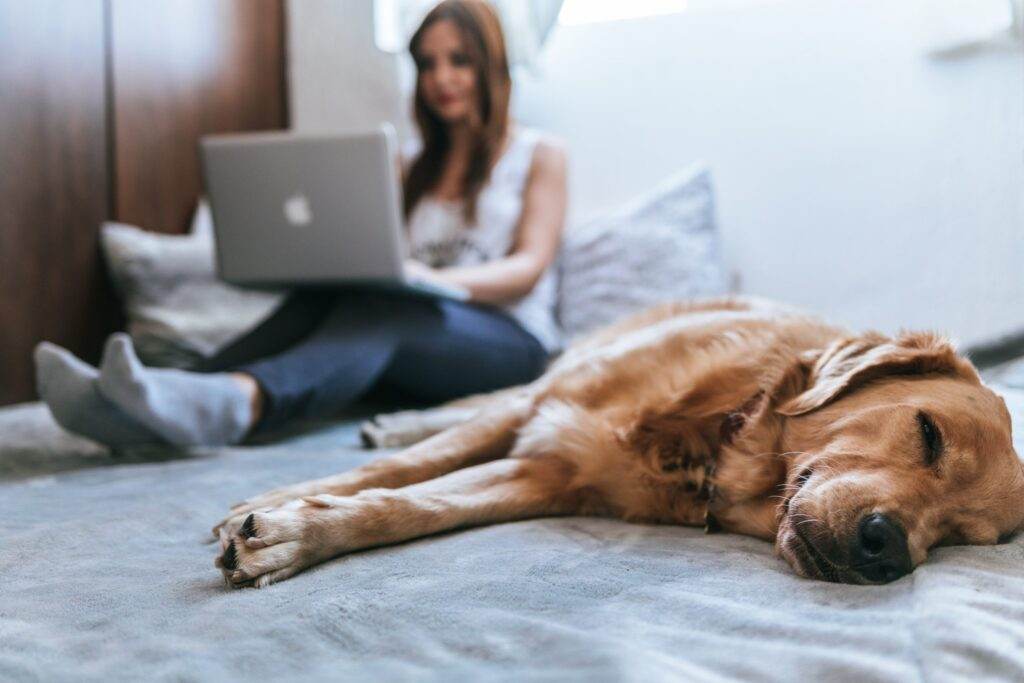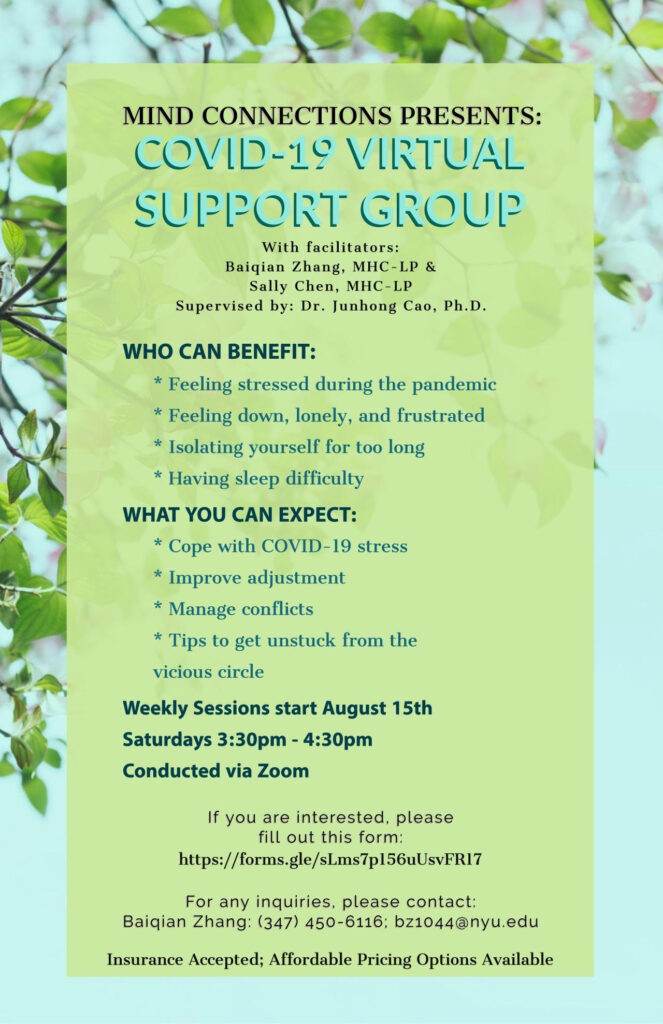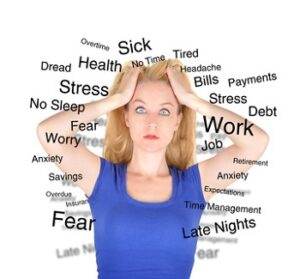
Online therapy is the method most therapists have turned to during this pandemic. Whether you are dealing with mental health issues, or any struggles caused by COVID, talking to an online therapist can help you through these challenging times and improve your overall well-being. Long before corona virus started, Dr. June and her team have used tele-therapy to help a lot of clients. You may be interested in learning more about this medium of therapy. Have questions about online counseling? We got answers for you.
Is online therapy effective?
You may be skeptical about the effectiveness of therapy behind a screen or through a phone. Research has shown that online therapy can benefit people in the same way as it does in therapy in office when it comes to cope with mental health issues such as depression, anxiety, and adjustment difficulties, post-traumatic stress disorder (PTSD). Through these digital mediums, Similarly, CBT (cognitive behavioral therapy) through video therapy was proved to be as helpful as in-person therapy in treatment for anxiety and depression. A simple answer to the question, online therapy is as effective as in-person therapy.
How does video therapy work?
Tele-therapy through video calls, or video therapy, may feel the most similar to in-person interaction with a therapist. Video calls simulate face-to-face interaction and, in a time where social isolation is prevalent, this may help to produce a feeling of normality to a client. Meanwhile, video therapy has the benefit of showing your face without a mask. This helps the therapist to see the biggest portion of your body language to detect your feelings.
What mental health issues can tele-therapy help me with?
Tele-therapy can help to deal with almost all issues in-person therapy covers such as,
- anxiety in various forms such as generalized anxiety, social anxiety, OCD, PTSD, panic, phobias
- depression
- stress
- anger issues
- trauma
- eating disorders
- emotion regulation
- relationship issues
- loss and grief
- adult ADHD
- teenager struggles with mental health
- couples therapy
- family therapy
Is online therapy confidential?
Naturally you may be concerned about the confidentiality of your online therapy. Make sure you use HIPAA compliant platforms besides the regular assurance therapists promise in therapy in office. The U.S. Department of Health & Human Services has compiled a list of platforms that are HIPAA compliant. The top 5 platforms are:
- Zoom for Healthcare,
- Doxy.me,
- Simple Practice
- Thera-LINK
- VSee
Dr. June and her team use Zoom for Healthcare to ensure it is HIPAA compliant and protect your confidentiality.
Can we have online couples therapy?
Yes, online therapy can benefit couples as well. When couples live in the same house, sitting together and communicating through a singular device can simulate an in-person therapy session. In fact, having to sit closer together for visibility on the camera may even make the couple feel more connected during the session; physical closeness can indicate how emotionally in touch partners feel with each other. This closeness can be important for experiencing “eye-contact and physical touch” during the session.
In particular, online couples therapy seems more convenient and beneficial if you are in a long-distance relationship. Tele-therapy gives these couples a platform to receive therapy even though they are geographically separated. Although they cannot sit next to their partner and benefit from the physical closeness, online couples therapy may increase their understanding of each other and themselves. Clients can “see not only their partner’s nonverbal behavior, but their own as well,” through the device’s screen. Clients are able to experience what they look like from their partner’s point of view; this may help the partners work on their own “maladaptive behaviors” and better understand the other’s perspective.
How do I pay?
You can make payments online for tele mental health. This can be accomplished using a credit card or other types of electronic payment transfer. Square and Ivy Pay seem to be more popular credit card platform among many therapists on tele-therapy.
Are there any differences between online and in-person therapy?
Understandably you may miss the cozy and private space in your therapist’s office. You can pour your heart out and share your feelings freely with your therapist. Not being in the same room as your therapist during your session seems to be the most glaring difference between online and in-person therapy. Video therapy is a way to recreate that same face-to-face feeling. Besides, some people may feel more comfortable sharing their emotions behind a screen, which might help them convey their deeper thoughts more readily. Although most therapists prefer being in-person to observe a client’s cues and body language more clearly, video therapy still allows for the client’s face/ facial expressions to be visible.
What are the advantages of online therapy?
- There is no more commute from your office all the way to your therapist’s office, which means you don’t need to worry about being late for your session
- No risk running into a co-worker in the waiting area outside of your therapist’s office
- You can sit or even lie comfortably in your own couch to talk to your therapist
- It is convenient even if you have to travel out of town
- If you have social anxiety or agoraphobia, tele-therapy could be a better option for you to initially manage your fear of talking to your therapist’s receptionist.
I live in a small apartment with roommates or a partner in NYC, what can I do?
- Communicate with the people you live with about your privacy concerns.
- Ask your roommate to go on a walk during your 45-minute session,
- Ask them to put headphones on while you are talking to your therapist.
- You can use headphones during the session; this will make your therapist’s voice only available to your ears.
- Play a white noise machine or app to help mask the conversation from other people.
- Type your questions or responses on the Zoom screen if you have to
How to prepare for my online therapy session?
- Find a quiet, safe, and private place to talk to your therapist.
- Ensure stable internet access and a charged device to speak to your therapist will make your experience in your session run smoothly.
- Put devices in your house on silent or low volume to minimize distraction.
- Do what makes you feel comfortable – wear comfortably and sit in your favorite fluffy chair, in your car, or even lie in couch.
- Prepare some tissue just in case you may need. Have water or coffee in front of you.
- Have a pen and paper (if you still use them) or simply your phone ready to take notes in session
Dr. June and her team aim to provide the best online therapy experience you are looking for. Call us free for 15 minutes and book your session. Your online therapy session is hopefully bringing you one step closer to achieving your most successful and happy self. Be proud of yourself for looking to support. Good luck with your online therapy experience.
LSpecial thanks to the contribution of Victoria Gallo, B.A. in Psychology from The College of New Jersey.





 Experience of sudden panic symptoms (generally out of the blue, without specific triggers) in combination with persistent, lingering worry that panic symptoms will return and fear of those panic symptoms.
Experience of sudden panic symptoms (generally out of the blue, without specific triggers) in combination with persistent, lingering worry that panic symptoms will return and fear of those panic symptoms. Repeated and persistent thoughts (“obsessions”) that typically cause distress and that an individual attempts to alleviate by repeatedly performing specific actions (“compulsions”). Examples of common obsessions include: fear that failing to do things in a particular way will result in harm to self or others, extreme anxiety about being dirty or contaminated by germs, concern about forgetting to do something important that may result in bad outcomes, or obsessions around exactness or symmetry. Examples of common compulsions include: checking (e.g., that the door is locked or for an error), counting or ordering (e.g., money or household items), and performing a mental action (e.g., praying).
Repeated and persistent thoughts (“obsessions”) that typically cause distress and that an individual attempts to alleviate by repeatedly performing specific actions (“compulsions”). Examples of common obsessions include: fear that failing to do things in a particular way will result in harm to self or others, extreme anxiety about being dirty or contaminated by germs, concern about forgetting to do something important that may result in bad outcomes, or obsessions around exactness or symmetry. Examples of common compulsions include: checking (e.g., that the door is locked or for an error), counting or ordering (e.g., money or household items), and performing a mental action (e.g., praying). Excessive fear of becoming embarrassed or humiliated in social situations, which often leads to significant avoidance behaviors.
Excessive fear of becoming embarrassed or humiliated in social situations, which often leads to significant avoidance behaviors. Excessive, uncontrollable worry over events and activities and potential negative outcomes.
Excessive, uncontrollable worry over events and activities and potential negative outcomes. A good relationship makes you feel secure, happy, cared for, respected, and free to be yourself; on the contrary, a toxic relationship make you feel drained, depleted, and sometimes even distraught. Then how do you know your relationship is toxic? There are many warning signs indicating you might have entered a toxic relationship.
A good relationship makes you feel secure, happy, cared for, respected, and free to be yourself; on the contrary, a toxic relationship make you feel drained, depleted, and sometimes even distraught. Then how do you know your relationship is toxic? There are many warning signs indicating you might have entered a toxic relationship.